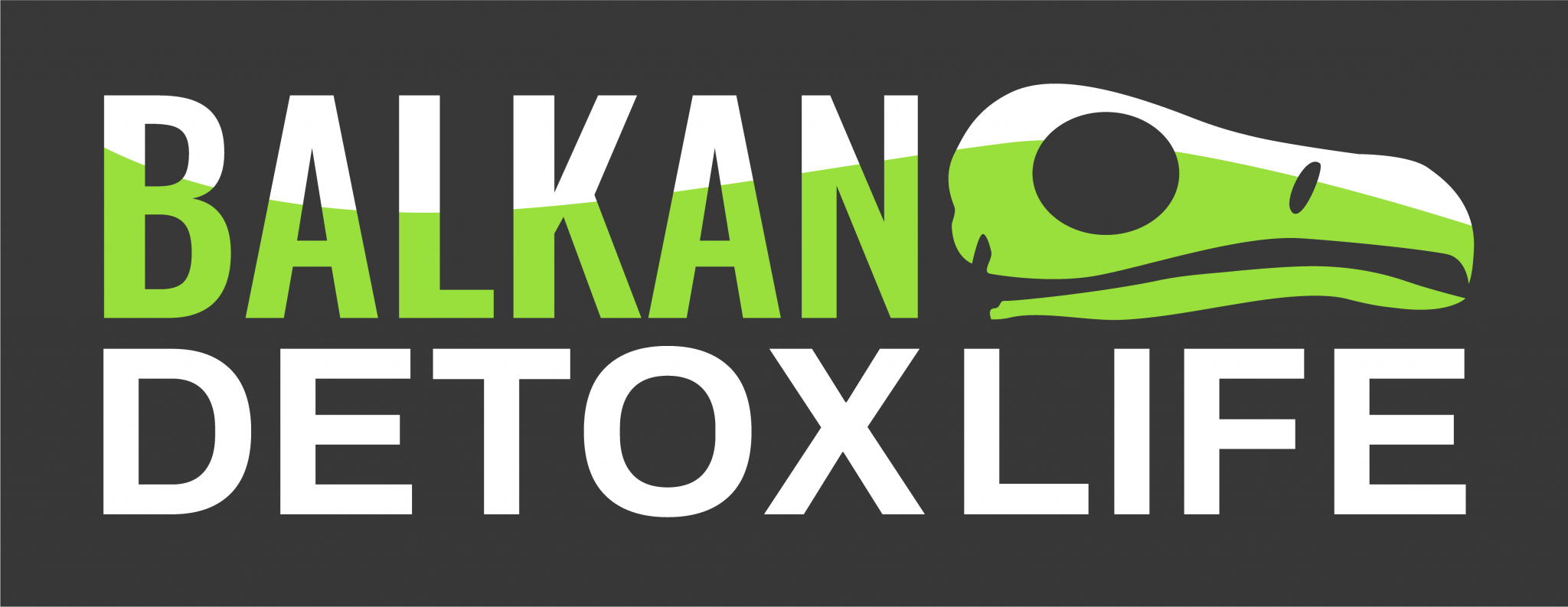| Initiative period | 2020-2025 |
|---|---|
| Initiative area | Albania, Bosnia and Herzegovina, Bulgaria, Croatia, Greece, Republic of North Macedonia and Serbia |
| Target species | Cinereous Vulture, Egyptian Vulture Griffon Vulture |
Although illegal, poison bait use in the countryside is still widespread, severely threatening nature, wildlife, and public health across the Balkan Peninsula and beyond. The most common motive behind this harmful practice is the intentional placement of poison baits to kill wild predators or other feral and domestic animals that may inflict damages on livestock or game species. But this non-selective method of extirpating animals also kills protected and vulnerable species, causing population declines and preventing the comeback of certain wildlife. Vultures, being mostly obligate scavengers, often fall victim to wildlife poisoning, either by directly consuming the bait or feeding on poisoned animals' carcasses. A lot of progress has been made to tackle illegal wildlife poisoning in the Balkans, thanks to conservation projects. Now, with the launch of the ambitious BalkanDetox LIFE project, nine organizations will work together to fight this threat by raising awareness and strengthening national capacities across Albania, Bosnia & Herzegovina, Bulgaria, Croatia, Greece, the Republic of North Macedonia and Serbia.
LEARN MORE ABOUT THE TARGET SPECIES
Funded by the EU’s LIFE Programme, the Vulture Conservation Foundation, the MAVA Foundation and Euronatur, the project is a five-year endeavour with a €1.8 million budget that aims to build capacities, raise awareness, enhance collaborations and reduce poisoning incidents to fight this serious threat in the Balkans head-on.
Through a series of workshops, meetings, training courses and a small grants programme the Balkan Anti-Poisoning Project is supporting the development of governmental authorities’ and wildlife organisations’ understanding, skills and capacity to fight against illegal wildlife poisoning and take positive steps to protect vultures.
BUILD CAPACITIES
Secure real and continued engagement of the relevant national governmental authorities in the region against illegal wildlife poisoning by increasing their capacity and formalizing national anti- poisoning working groups in each project country to improve the management of poisoning incidents and achieve significant mortality reduction of species affected.
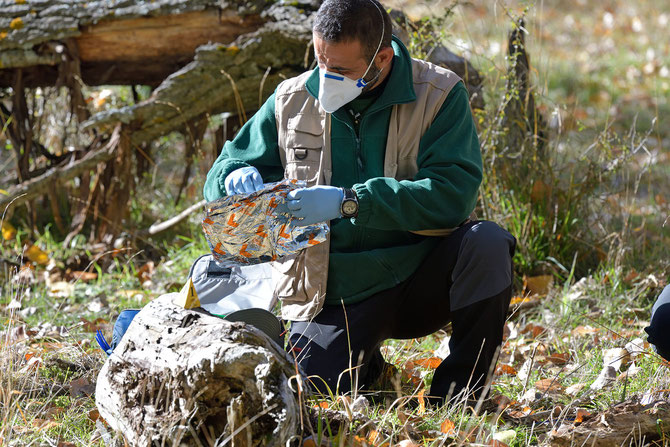
RAISE AWARENESS
Bridge knowledge gaps relating to the use of illegal poison baits and its adverse impacts on wildlife to the key target audience, labelling the practice as a socially unacceptable behaviour in the general public’s eyes. The project will also aim to introduce preventive measures for human-wildlife conflict, as safe alternatives to poison use in areas known as hotspots for wildlife poisoning.
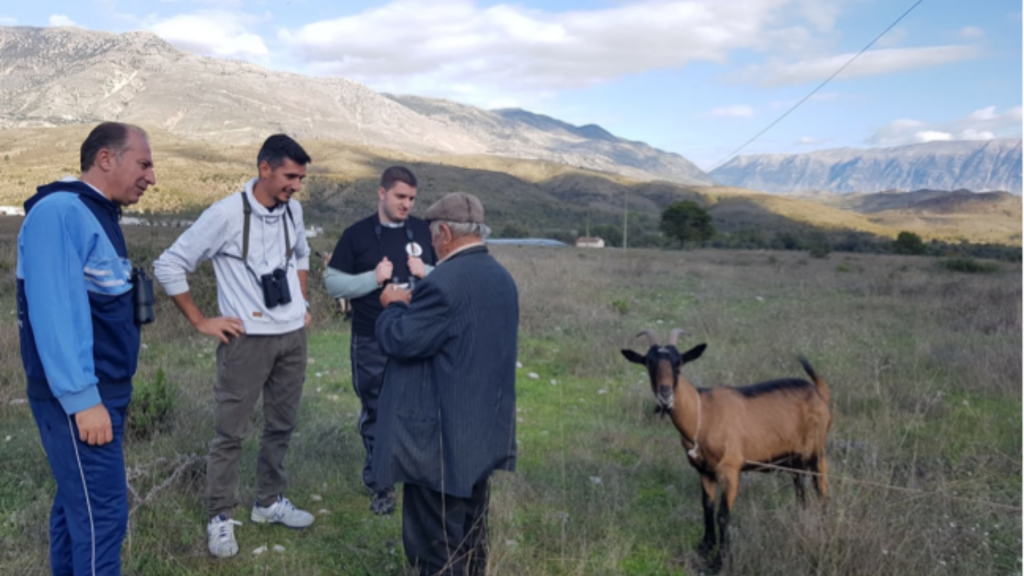
GRIFFON VULTURE GPS MONITORING
In a cross-border initiative, the BalkanDetox LIFE team will within the auspices of the project tag 25 Griffon Vultures from the Balkan population and incorporate existing GPS data of already tagged birds to intensively monitor their behaviour, helping track poisoning incidents, save poisoned wildlife and prosecute wildlife criminals.
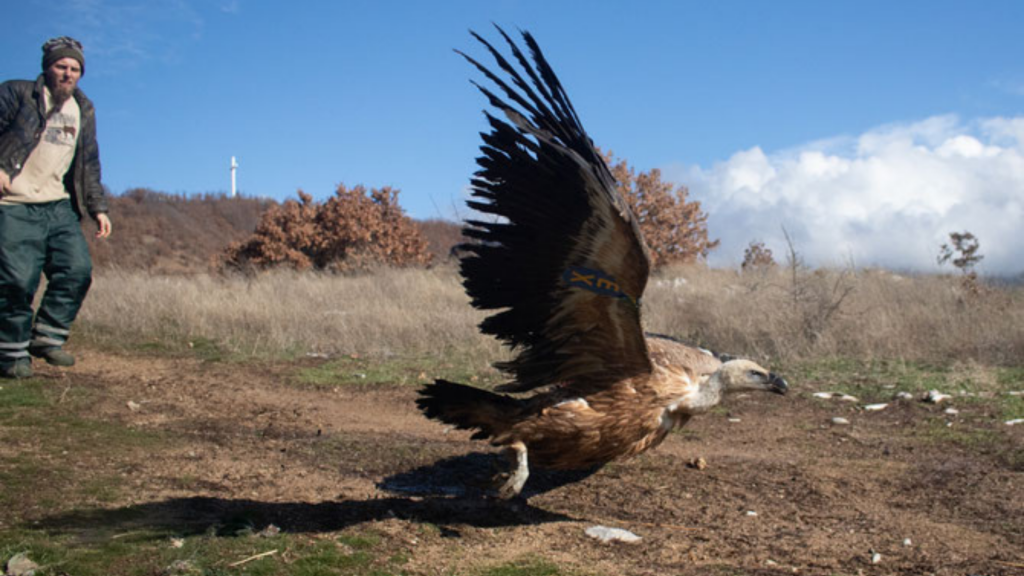
WILDLIFE CRIME ACADEMY
Competent authorities from the Balkans will participate in a series of ambitious and intense official anti-poison training courses within the Wildlife Crime Academy based in Spain, building capacities to effectively investigate, manage and tackle illegal wildlife poisoning incidents across seven Balkan countries.
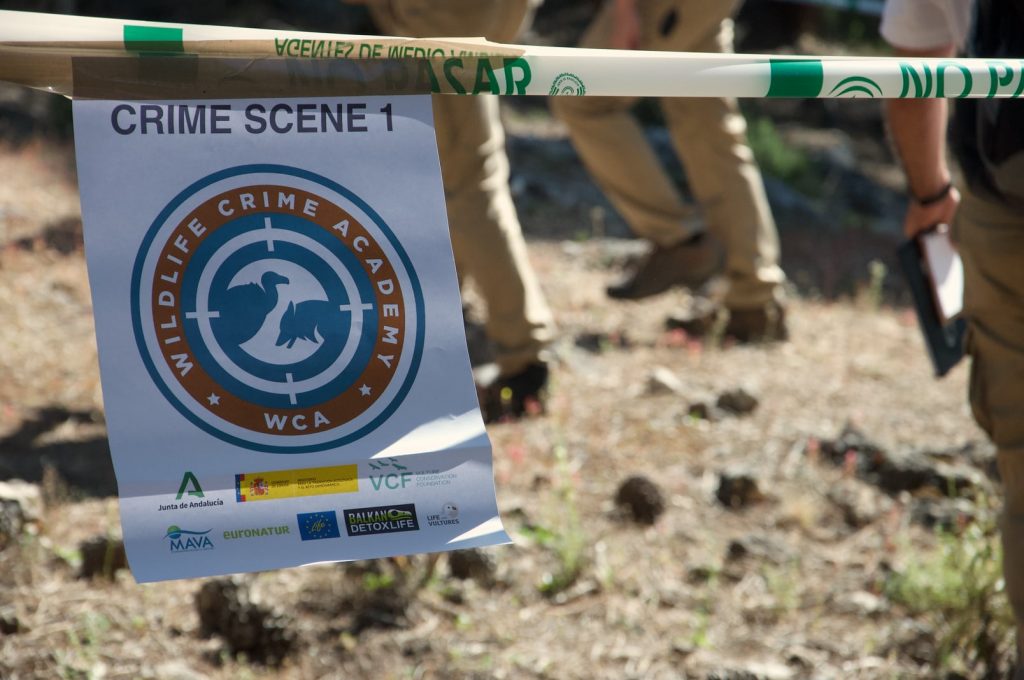
Project partners are the Vulture Conservation Foundation as the coordinating beneficiary, and the Albanian Ornithological Society, Association BIOM, Bird Protection and Study Society of Serbia, Fund for Wild Flora and Fauna, Hellenic Ornithological Society, Macedonian Ecological Society, Ornitološko društvo NAŠE Ptice and the Protection and Preservation of Natural Environment in Albania as associated beneficiaries.

